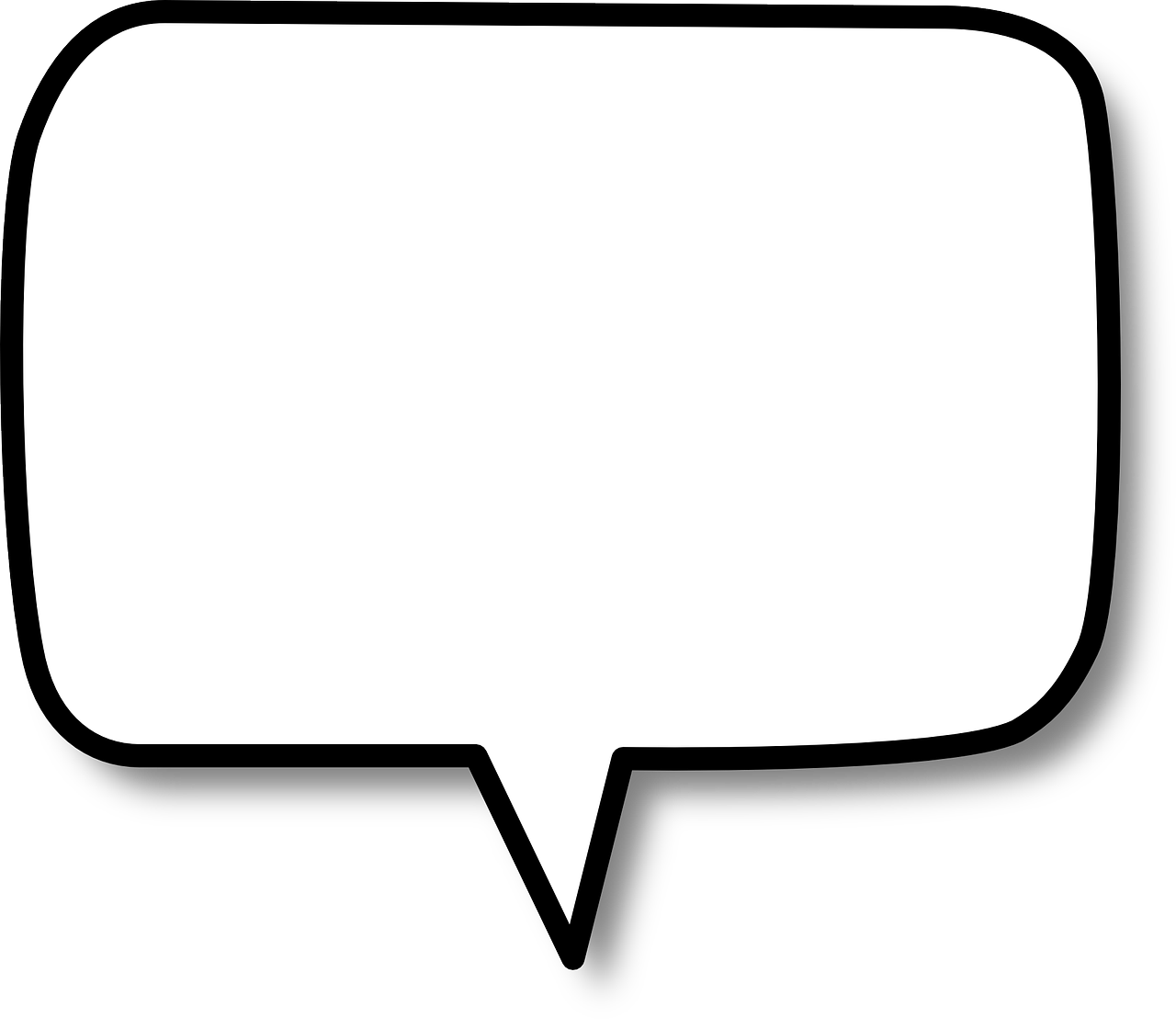OUTLINE YOUR ENTIRE MEMOIR IN EIGHT STEPS
The Complete Memoir Writing Kit offers the information you need to structure and write your memoir.
It includes nearly four hours of video content and over 200 pages of written lectures.
OUTLINE YOUR ENTIRE MEMOIR IN EIGHT STEPS
The Complete Memoir Writing Kit offers the information you need to structure and write your memoir.
It includes nearly four hours of video content and over 200 pages of written lectures.
About the Complete Memoir-Writing Kit
This is the class I wish I’d had before I’d written my first book. In this course, you’ll gain all the information you need to write a compelling memoir. The goal is to end up with a completed outline by the time you've finished the course.
In order to outline your book, you first need to understand memoir-writing structure. Structure is synonymous with plot. However, memoir-writing structure is rarely intuitive. It’s a lot more like biology — it’s something you have to learn. There are rules to writing a memoir and without understanding them, it’s nearly impossible to write a good book.
I created this class because I wanted to share the information on structure I never found anywhere else, the information it took me over a decade to learn while I was working as a memoir-writing teacher.
Mistakes you will learn to avoid:
Your book doesn't create a sense of suspense.
Your reader gets lost in time.
Not only will you avoid these traps that almost all first-time memoir writers fall into — by the end of the class, you should feel very much in control of your plot and have a strong sense of your prose style. In short, you will understand the rules that are absolutely essential to crafting a successful memoir.
Lesson One: Understanding Scenes
Scenes are the building blocks for your book. They are where your structure starts. To get a scene right, you need to know how to begin your scene, how to end it, and the one critical component that every scene must contain.
Lesson Two: Scenes Must Transport Your Reader
In lesson two, we'll talk about the kind of prose that works to transport your reader. Don’t limit your writing to what your narrator saw and heard — you want all of your prose to be a subjective account of how your narrator views the world.
Lesson Three: Working with Dialogue
Most people who struggle with dialogue actually don't understand the right balance between dialogue and narration. Another thing to keep in mind: We can't hear tone in print so it's important to interpret what your characters really mean.
Lesson Four: Your Book in Three Acts
Your book is set up as a quest, but that quest needs to shift course in some way. In lesson four, we’ll begin working on the global structure of your book and divide your memoir into three acts.
Lesson Five: Chronology
In lesson five, we'll use your "present-day" timeline to set up a sense of a quest and expand the timeframe of your book with flashbacks.
Lesson Six: Using a Narrative Want to Create Chapter Structure
In lesson six, we'll talk about the use of causality and a narrative want, two of the best ways of connecting your scenes to create structure.
Lesson Seven: Using a Premise to Create Chapter Structure
In lesson seven, we'll discuss the use of a premise to create structure, a failproof method that works to connect even the most disconnected scenes.
Lesson Eight: Transitions Versus Scenes
In lesson eight, we'll talk about transition writing versus scene writing. How are they different? When should each be used? How can transition writing be used to create structure in your book?
Join an illustrious group of students

People who have taken Wendy's classes include newspaper columnists, TV news anchors, and people who work at major publishing houses and commercial magazines. Some of the organizations Wendy's students have worked for include Entertainment Weekly, Outside Magazine, Simon & Schuster, Seal Press, Wiley, NBC, National Geographic Wild, the Wall Street Journal, the New York Post and the New York Times.

What former students say
"Wendy is phenomenal! I've taken dozens of writing courses and completed an MFA in creative writing. Never have I received such useful instruction." —Mary Rowland
"Simple enough to understand and follow, I’ve ended up in eight weeks with a completed outline of my book and a thorough understanding of how to write scenes, events, dialogue, find a premise for the book, and a narrative want. Excellent in every way, I highly recommend this course for those who are serious about writing a memoir." —Cathee Poulsen
"When Wendy said we should have a working outline of our memoir by the end of class, I honestly didn't believe her. Yet here I am, week eight, and I have more than that. This class has been the best investment in terms of time and money." —Tanya Whitehead
"I spent a long time searching for a memoir writing teacher. There are many memoir teachers out there but no one like Wendy. Wendy invests herself into your story and the best way to make it work. After two years of struggling alone with writing my memoir, my book finally has a structure. I would NOT want to write my book without Wendy." —Cathy Skipper
"If there is a memoir trying to burst out of you, then Wendy's course is an absolute must. I am a published writer but I was struggling with my memoir. Wendy's course saved me and my book." —Mona Sheaves
"Wendy exceeded my expectations. I was stunned by how much practical information I learned and by how much I grew as a writer. The class was, in a word, invaluable!" —Carly Van Thomme
"Wendy encourages her students to dig deeper – and the results show. I highly recommend her. She is insightful, conscientious, and supportive. I couldn't ask for more." —Michele Meek
Frequently asked questions
Many of my students have MFAs. I've even had people take this class who were college English professors with Ph.D.s in literature. The information you get from this course is information you won't find anywhere else, not even in an MFA program.
The information is designed to be step by step and easy to understand. You don't need prior writing experience to benefit from this class.
A developmental editor will help fix your book. Instead, I like to teach you memoir-writing concepts that will work for any book. You'll understand the moving parts of a memoir and how to bend them to your will. This class will also cost you thousands of dollars less than a developmental editor.
Even if you have a good portion of your book written, you'll probably still find that your manuscript still needs a lot of work when it comes to structure. This class is great for people who have a draft of their book but need to turn their interesting stories into plot.
At the bare minimum, you should have a completed working outline of your book. This outline will be divided into chapters and will include a description of each scene that goes in your book. You should also have at least one chapter written and several scenes. Some people will get more done, especially if they have been working on their memoirs for some time.

Get immediate access for $397